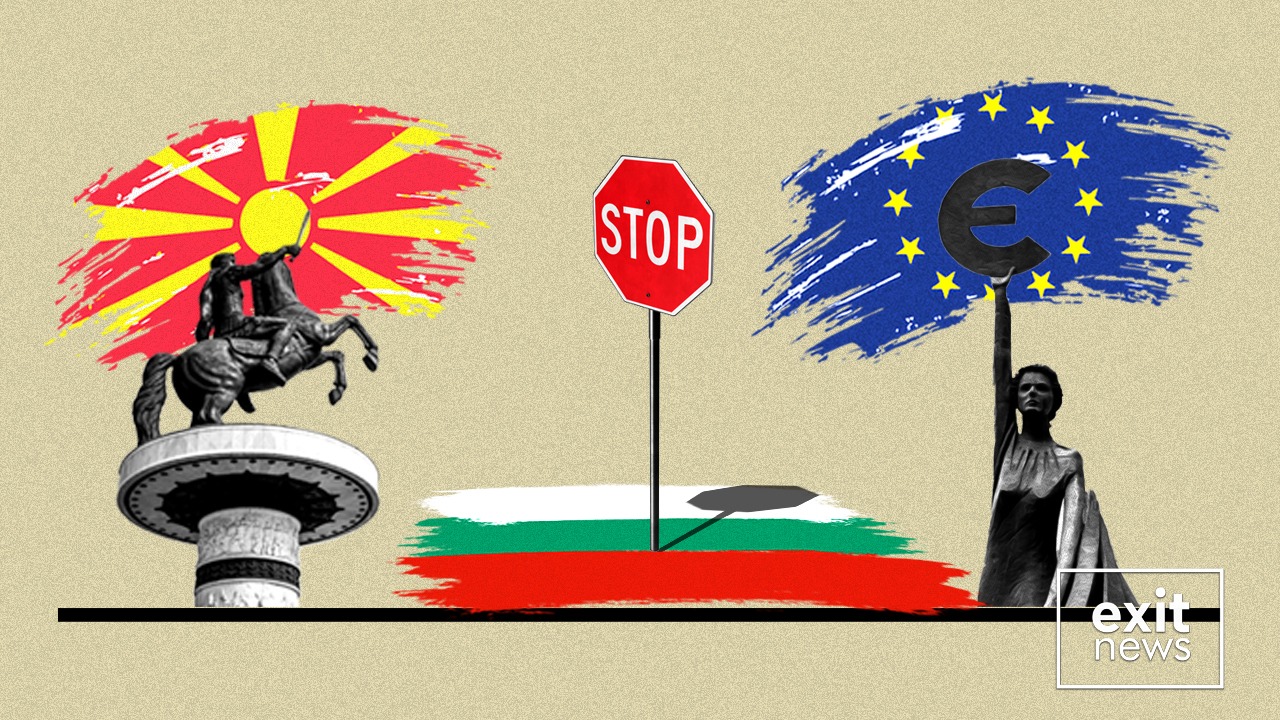
The Bulgarian parliament has given the mandate to outgoing Prime Minister Kiril Petkov to lift the veto on North Macedonia’s EU accession as long as it signs the bilateral protocol based on the good neighbourhood agreement.
The text of the agreement states that the Bulgarians should be included in the constitution of North Macedonia, on an equal footing with the other peoples already mentioned in the country’s constitution.
It also states that nothing in the process of European integration of North Macedonia can be interpreted as a recognition by the Bulgarian side that there is a “Macedonian language”. Another text says that good neighbourliness will be a criterion Skopje should systematically fulfil.
The parliament voted in favour with an overwhelming majority in a vote that took place shortly after midday on Friday (24 June). 170 voted in favour, 37 against, and 21 abstained.
The ball is now in the court of North Macedonia. On Thursday at the EU-Western Balkan Summit, Prime Minister Dimitar Kovacevski.
He has been clear that the following elements must be included in any agreement;
- clear wording on the Macedonian language and protection of the Macedonian identity (in the negotiating framework, the Macedonian language is not a topic, there is only a clarification of how documents will be translated into it);
- historical issues cannot be criteria in the negotiating framework (they are not, although the text refers to the Neighborhood Agreement);
- Negotiations between North Macedonia and the EU must begin before the constitutional change that would recognise Bulgarians as an ethnic minority group;
- clear guarantees that Bulgaria will not have any more requests;
- any decision concerning the EU negotiations to be consulted with the institutions of Northern Macedonia.
“Ultimately, is in our interest for the Western Balkans, for North Macedonia and Albania, to receive a perspective to join the EU,” Hristo Ivanov, the co-chairman of the right-wing Democratic Bulgaria party who proposed the motion, said during the debate.
“Today’s decision allows us to link our demands with the fundamental European values and standards,” he added, urging parties “not to miss this good chance” to resolve the issue before France’s EU presidency ends.
“Know that we are doing the right thing… The strongest instrument for pressure is the negotiations process itself,” Ivanov said.
More as it happens…

